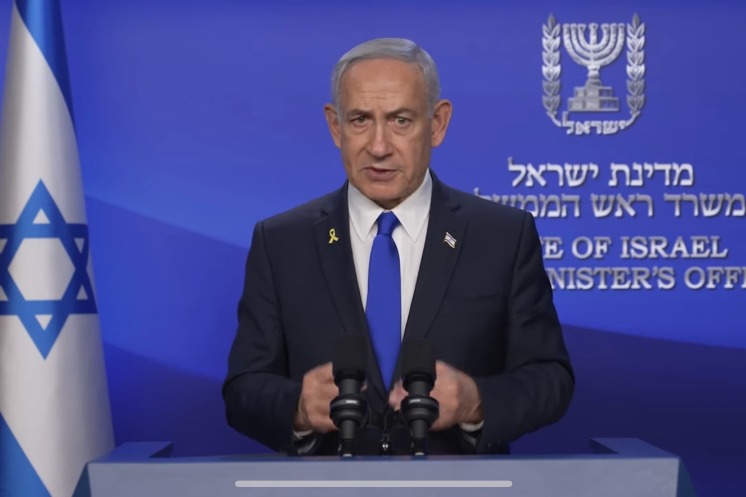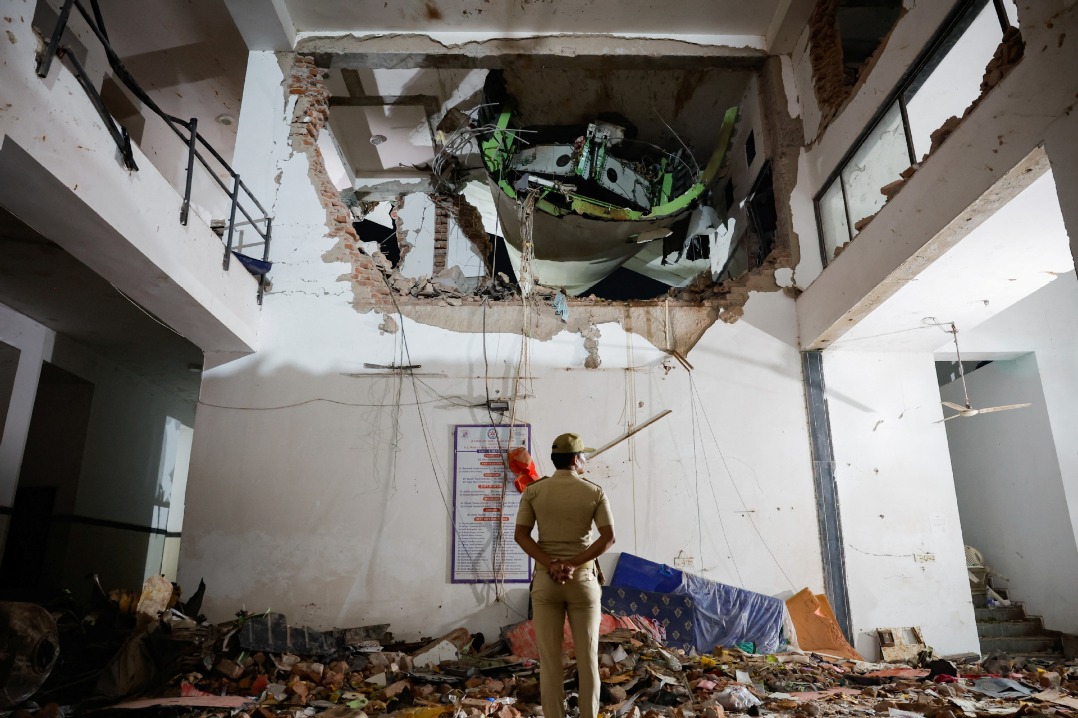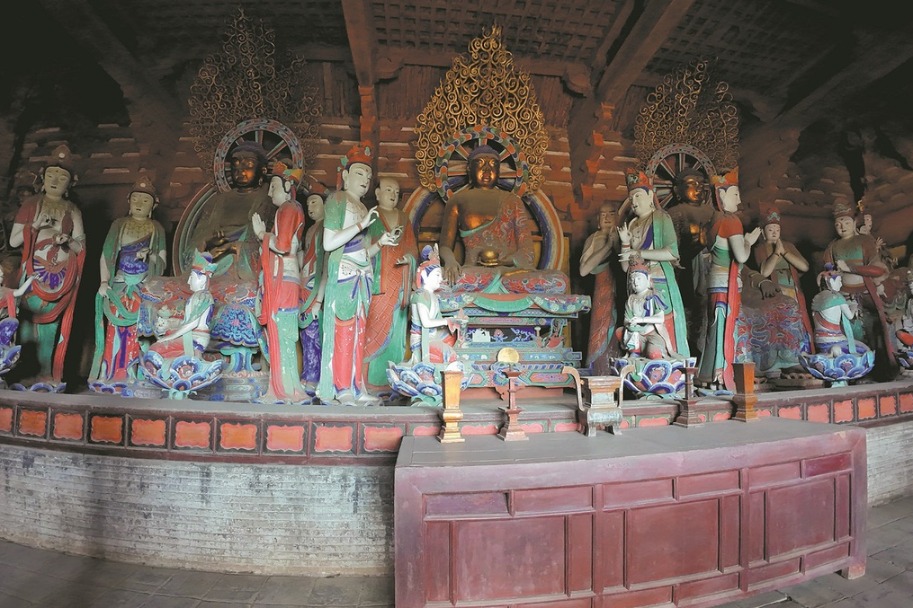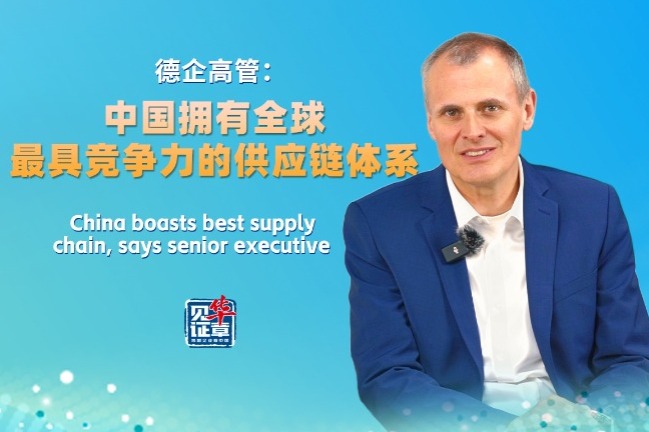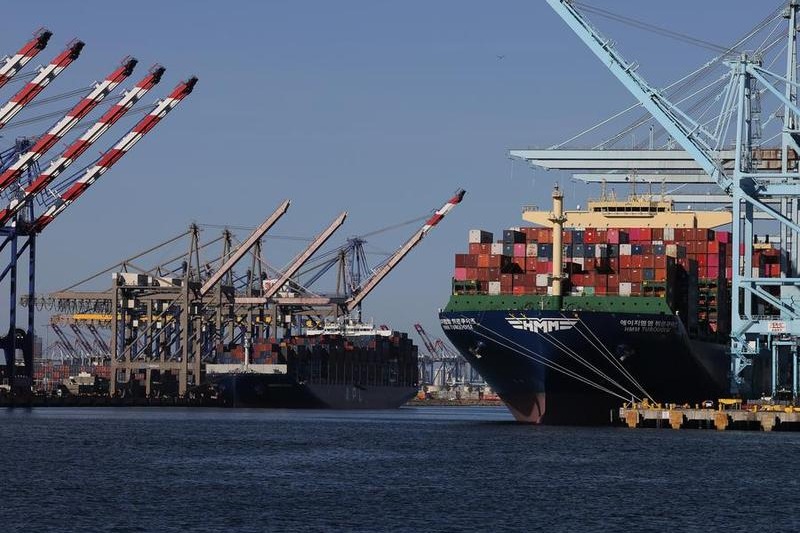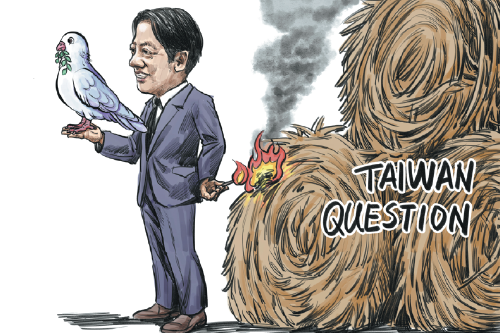Concerns that basketball following path of soccer


US-born basketball player Kyle Anderson will represent China at next month's FIBA World Cup after obtaining Chinese nationality, the Chinese Basketball Association announced on Monday.
The 2.06-meter Minnesota Timberwolves forward, 29, whose Chinese name is Li Kaier, was eligible for Chinese nationality through his maternal great-grandfather. He is China's first naturalized basketball player. The news took the basketball fans in China by surprise, as they have long believed that the country needn't rely on naturalized players in basketball as it has many talented players.
For a long time, the Chinese men's national basketball team has been a pride of the nation. Although ranked only 21st in the world today — after Japan, the 14th, in Asia — it came fifth in the FIBA World Cup in 1994, and the eighth in the Olympic Games in 1996, 2004 and 2008.
Chinese basketball fans often laugh at the Chinese men's national soccer team for its reliance on naturalized players, and feel sympathy for Chinese soccer fans as the team's performance remains poor.
The Chinese soccer team, which has relied heavily on naturalized players in search of quick success over the past decade, has proved a disappointment to the nation. It has slipped in the world rankings all the way from the 37th in 1998 to around 80th now. During which their main opponents in Asia have changed from the Republic of Korea, Japan, Saudi Arabia and Iran to Vietnam, Thailand, Myanmar and Laos. Corruption scandals have also ceaselessly embroiled the Chinese soccer clubs and soccer administrative system.
The naturalized soccer players were quickly institutionalized by their Chinese counterparts on the pitch, and they invariably earned enough money to last for the rest of their lives by playing for the country for several years. Chinese soccer neglected youth training during the process. While the ROK and Japan now have dozens of players who have proved their capability in major European clubs, Chinese players have disappeared from big European clubs since two years ago.
The mixed feelings of Chinese basketball fans at Anderson's presence in the Chinese team stem from their concerns that the Chinese men's basketball team is on the way of repeating the mistakes of their soccer counterpart. At least, some similar signs have already appeared, including the basketball circle's discontent with the seemingly unstoppable decline in the national team's performance, if not its unrealistic demand for a quick reversion of that trend. The fans are also concerned about exposure of some black box operations and scandals in and around the basketball court in the country's league matches of various levels, and that the basketball investors now spend much more money buying foreign players than on youth training.
















